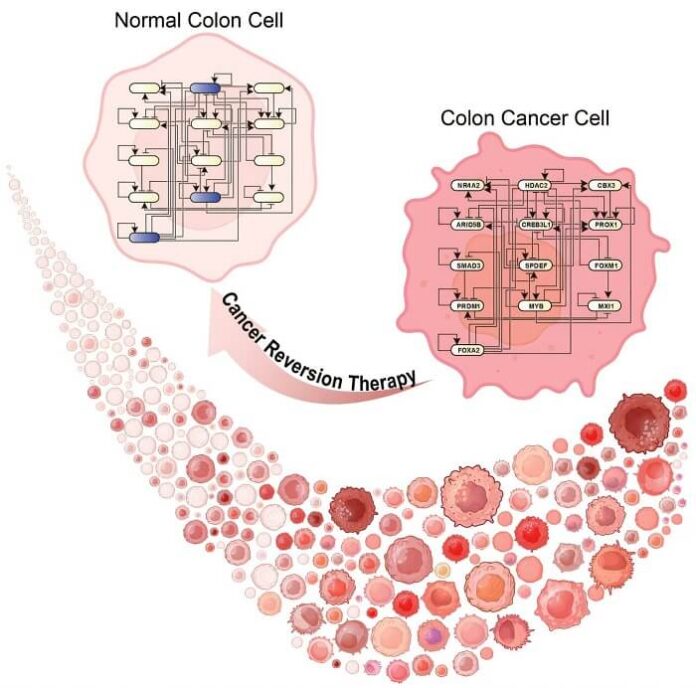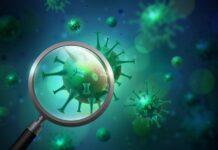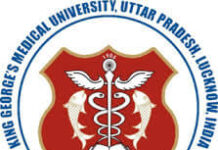

A research team led by Professor Kwang-Hyun Cho from the KAIST Department of Bio and Brain Engineering has developed a groundbreaking technology to treat colon cancer by converting cancer cells into a state resembling normal colon cells. This innovative approach avoids the destruction of healthy cells and the associated side effects, offering a new direction for cancer therapy.
The findings, represent a significant departure from conventional cancer treatments that aim to eliminate cancer cells, often leading to resistance, recurrence, and severe side effects.
Key Insights and Technology
- Reversing Cancer Cells: The researchers discovered that during the oncogenesis process, normal cells regress along their differentiation trajectory. Leveraging this insight, they developed a technology to create a digital twin of the gene network associated with normal cell differentiation trajectories.
- Master Molecular Switches: Using simulation analysis, the team identified key molecular switches that induce normal cell differentiation. When applied to colon cancer cells, these switches successfully reverted the cancer cells to a normal-like state.
- Validation: The reversion process was confirmed through molecular and cellular experiments, as well as animal studies, demonstrating the feasibility of this approach.
Professor Cho explained, “The ability to convert cancer cells back to normal cells is an astonishing phenomenon. This study demonstrates that such reversion can be systematically achieved through the analysis of cancer cell gene networks.”
Implications for Cancer Therapy
This research introduces the concept of reversible cancer therapy, a method that reprograms cancer cells rather than destroying them. The approach holds immense potential for application across various cancer types and paves the way for developing more precise and less harmful cancer treatments.
As reported by medicalxpress, the study also establishes a foundational technology for identifying targets for cancer reversion, offering a promising avenue for future cancer therapies.























